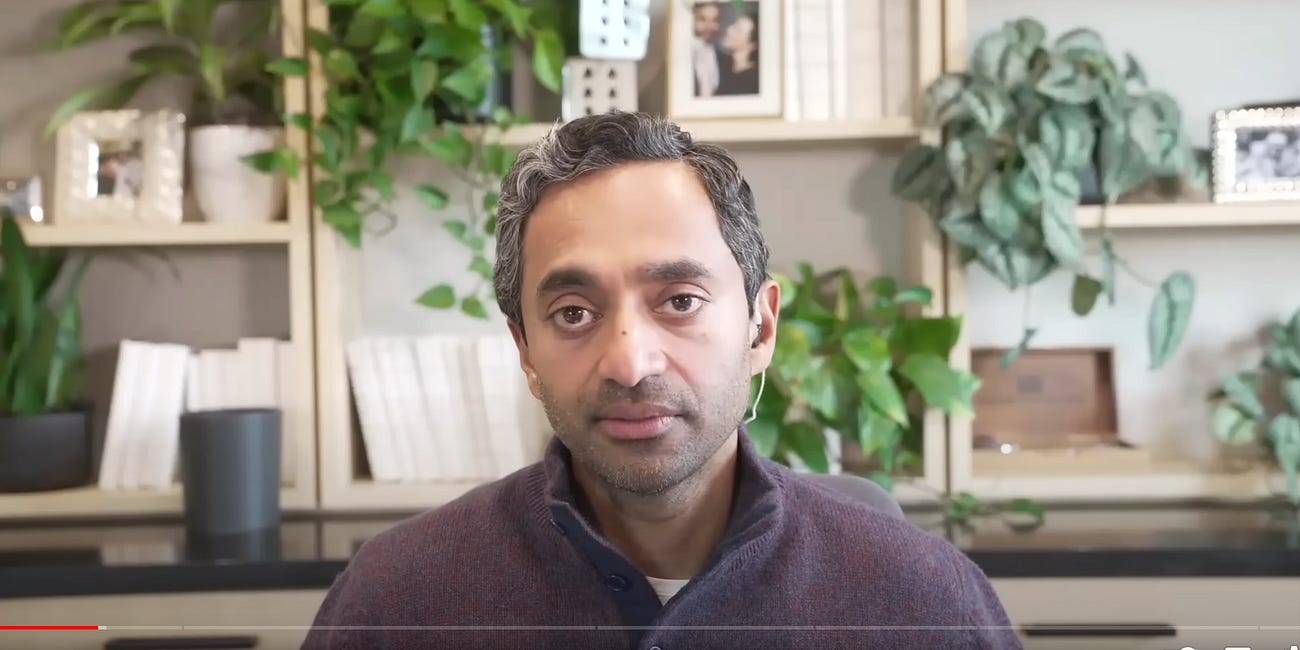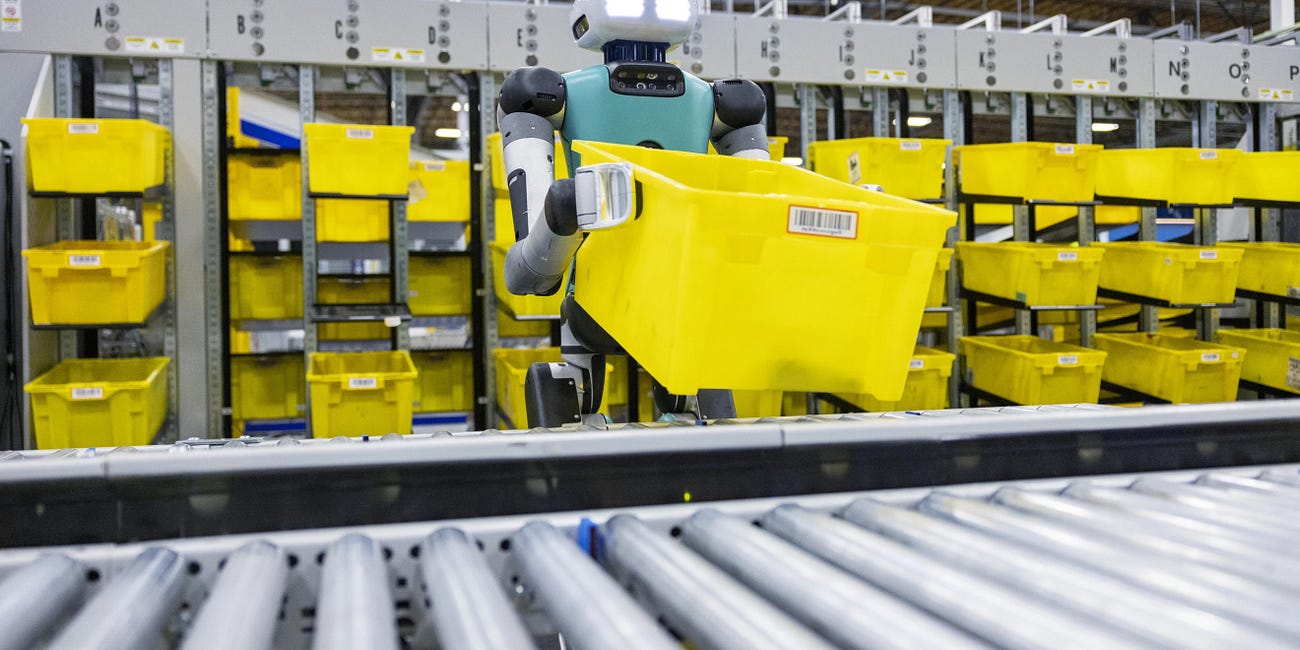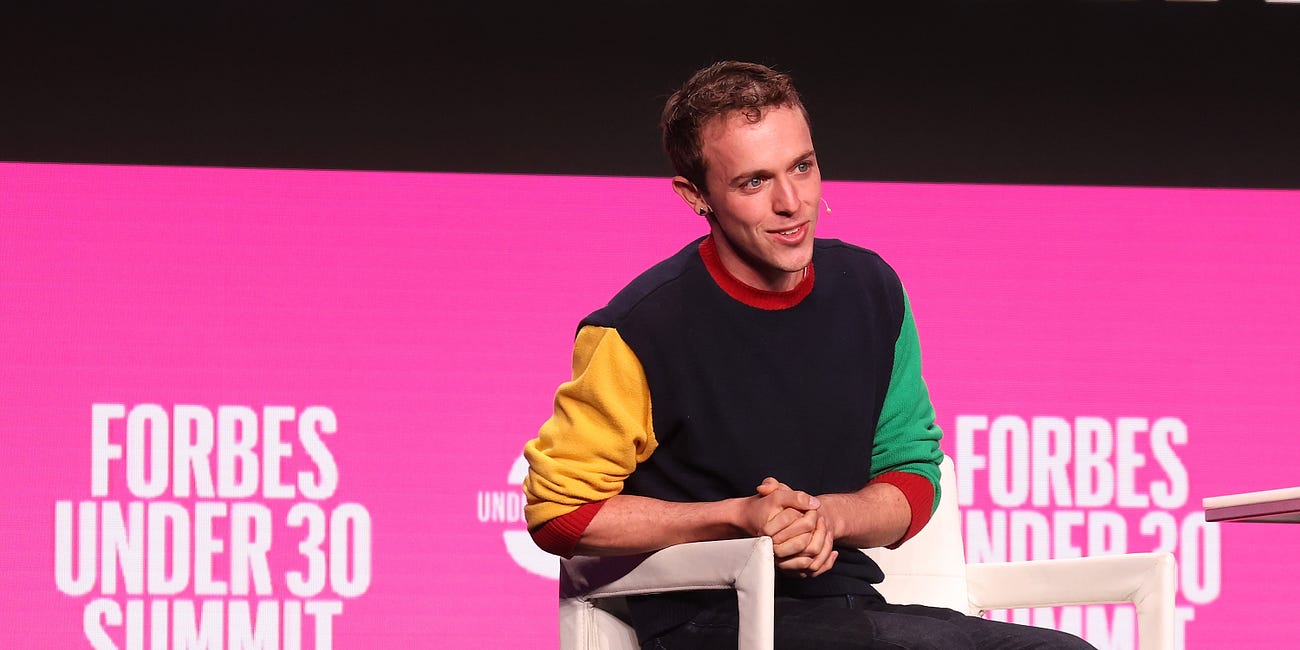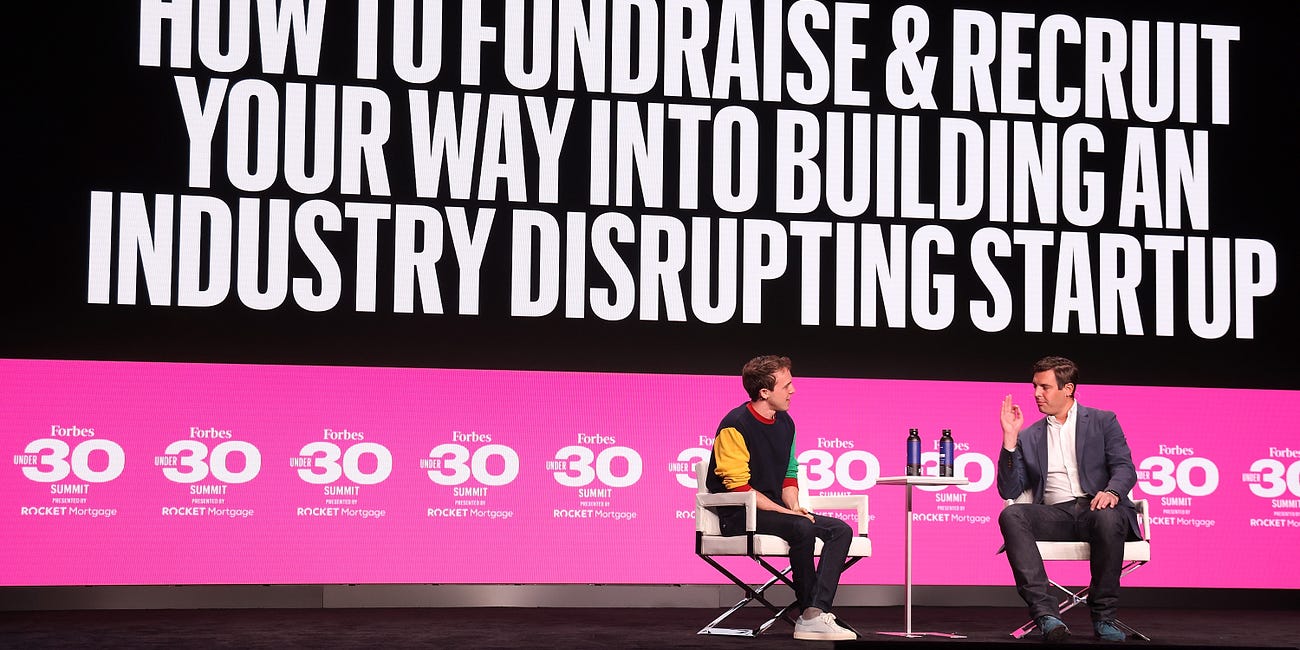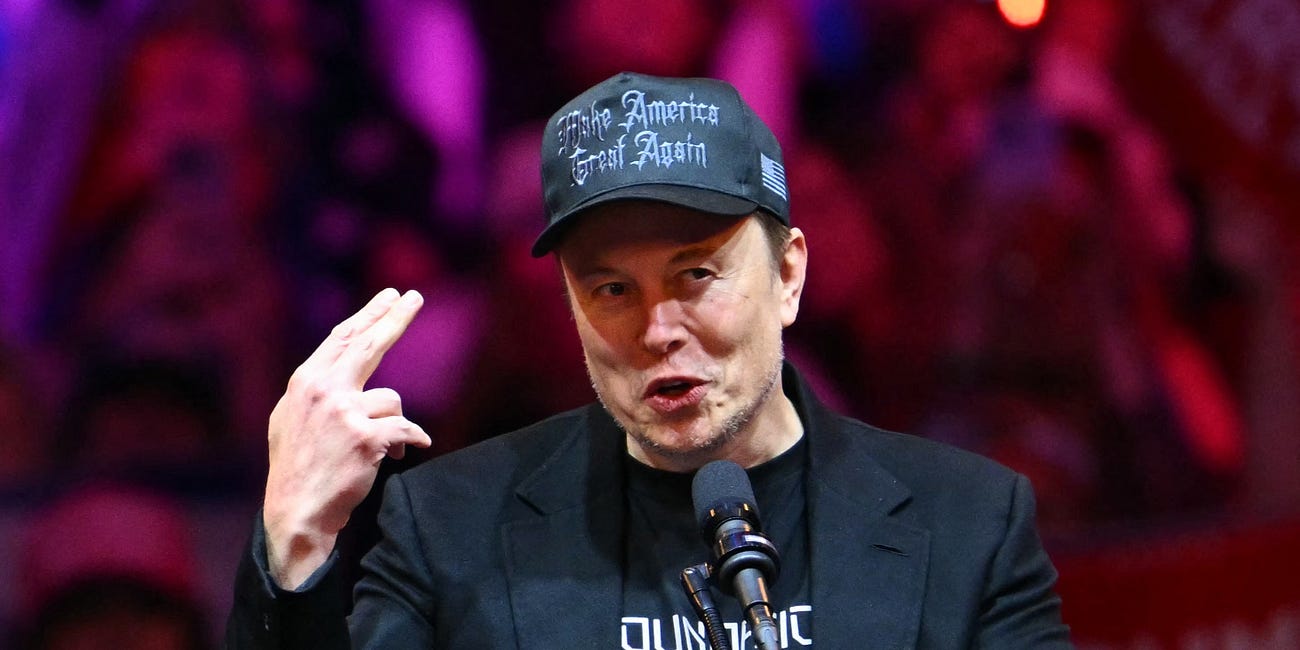Our Favorite Newcomer Stories of 2024
Bolt's outrageous letter, a profile of a defense tech leader, Altimeter's slides & more.
It’s been quite the year for venture capital.
We’ve seen the mega-funds attract LP dollars while newer VCs struggle. We’ve seen huge private stock sales for top unicorns, as traditional exits remain few and far between. We’ve seen founders behave boldly and sometimes badly. And, we’ve seen partner shakeups and new potential power brokers make their mark on the startup world.
We rounded up some of our favorite stories that we’ve published this year, from inside looks at fund returns to profiles (some positive, some critical) on key dealmakers.
Eric chronicled Ryan Breslow’s outrageous funding round ask, and uncovered an All In Podcast host’s dubious relationship with his business partners. Madeline reported on venture returns from funds like Union Square Ventures and Sequoia and profiled defense tech leader Trae Stephens.
Our Favorite Newcomer Stories of 2024
Private companies behave more and more like public companies every day.
Sources tell me that financial payments startup Stripe and the satellite and rocket ship company SpaceX have been buying back their own shares.
That’s common enough among public companies with a liquid market for their shares and the belief that investors are undervaluing the stock. But it’s quite unusual for private startups, which don’t generally have the cash to spare.
It’s a rare treat to peak behind the curtain and see how venture capital funds are performing for their investors.
Out of the dozens of VC and PE funds UTIMCO invests in, we are highlighting data from some of UTIMCO’s most well-known firms — Sequoia, Union Square Ventures, IA Ventures, Forerunner Ventures, and GGV Capital.
Last November, on a brisk night in Albuquerque, New Mexico top investors in the now red-hot defense technology sector gathered to celebrate the 40th birthday of Trae Stephens, the Founders Fund partner who’s done as much as anyone to bring military technology into the venture capital mainstream.
The party reflected Stephens’ ambition to be a bridge builder between Silicon Valley, middle America, and dealmakers at the Pentagon. A veteran of an unnamed three-letter intelligence agency who says he’s always been motivated by public service, he left the government first to join Palantir, and then Founders Fund, and has since had a hand in many of the venture world’s most important defense tech deals.
Brad Gerstner’s Altimeter Capital Management has made itself famous for vocal and concentrated bets on companies like Meta, Uber, Snowflake, Microsoft, Amazon, and Nvidia.
Picking tech winners is Gerstner’s specialty, and his results show both the opportunities and the risks. The firm had an abysmal 2022 and a phenomenal 2023.
In late 2020, Chamath Palihapitiya — the dictator, as he is known on the All-In Podcast — bought a Bombardier Global 7500 private jet for $75 million just as he was was hawking SPACs on CNBC.
At the time, it looked like the man who had made a fortune on Facebook’s public offering, who built his own lucrative venture capital firm, and who co-hosts one of the most popular business podcasts in the world was only going to climb to greater heights.
Money would keep flowing in endlessly.
And indeed, Palihapitiya has said his company made roughly $750 million from the SPAC frenzy by taking hefty promote fees for taking companies public in SPAC mergers.
But there are signs that Palihapitiya’s fortunes have dimmed since he served as the face of the SPAC debacle.
VC-backed robotics startups aren’t a new phenomenon: Boston Dynamics, of robot-dog fame, and defense-tech unicorns like Anduril, to name just two, have been developing robot tech for years. Covariant, which builds foundation models for robotics, has been around since 2017, well before the current AI frenzy.
But a new wave of companies is bringing fresh attention to the sector. Many are strictly model and software startups. Physical Intelligence—which counts Lachy Groom as a cofounder and landed $70 million in seed funding from tier 1 heavyweights including Khosla Ventures, Lux Capital, OpenAI, Sequoia Capital, and Thrive Capital—is perhaps the buzziest early-stage foundation model startup in the space right now.
I’ve got copies of the documents that Bolt is circulating with investors and the deal terms are bewildering. (I’ve included a copy of Bolt’s email to investors. This story is based on that email, private deal documents, and conversations with investors.) Let me say up front that the situation is extremely murky. Even many Bolt investors and their lawyers are struggling to understand the proposed deal.
But I know that a story about Bolt paired with a bonkers proposed deal will make a fascinating story for many of you even if I don’t have all the answers.
Walking home, I got an unexpected phone call from Ashesh Shah, a man I’d never heard of until yesterday who intends to co-lead a new funding round for Bolt that could potentially cram down investors like BlackRock, Untitled, and Hedosophia. The deal would give Breslow more control over the company and would diminish the stakes of investors who have been trying to hold Breslow accountable unless they fork over more money to maintain their positions in a “pay-to-play” round. Giving the deal some credibility, Latham & Watkins is representing Bolt, according to Bolt’s letter to investors.
Here’s the rundown from my conversation with Shah. It was interesting to put it diplomatically.
OpenAI’s latest fundraising round poses so many big questions that I couldn’t help but dig into the business.
Is OpenAI a good investment at a jaw-dropping $157 billion valuation? Is it an even bigger and better Uber? Or is it more like a WeWork? I’ve been talking to Silicon Valley investors and poring through the reporting. I’ll make my case for why I think new investors are making a mistake investing in this round.
On our four-year anniversary, I’m going to tell you how we’ve climbed to over $2 million in revenue and give you a sense of the state of our business today, and where we aim to take it next.
I want America to succeed. I am highly skeptical that Trump is a step in the right direction. I hope Silicon Valley pulls every lever it can to push Trump toward tech’s vision for his presidency. But I think his tech supporters have made a tremendous mistake. I’d love to be proven wrong.
As the year closes out, venture capital firms are giving their limited partners an inside look at what they think is going on in the venture business and what trends they’re watching for next year.
These are the secret state-of-the-industry presentations that the public doesn’t get to see.









